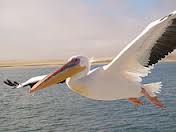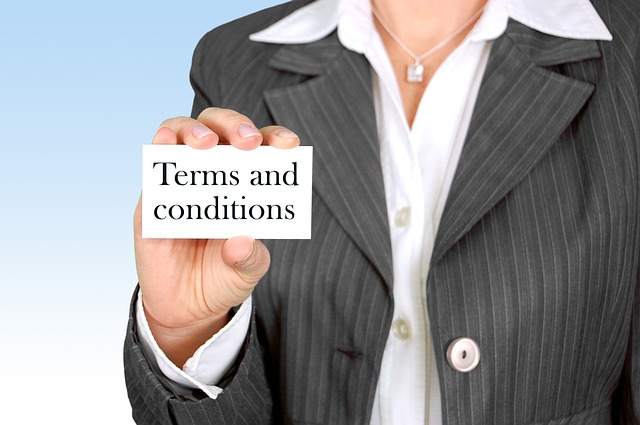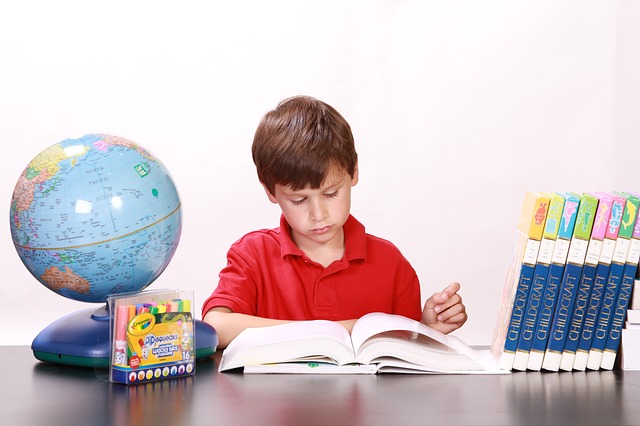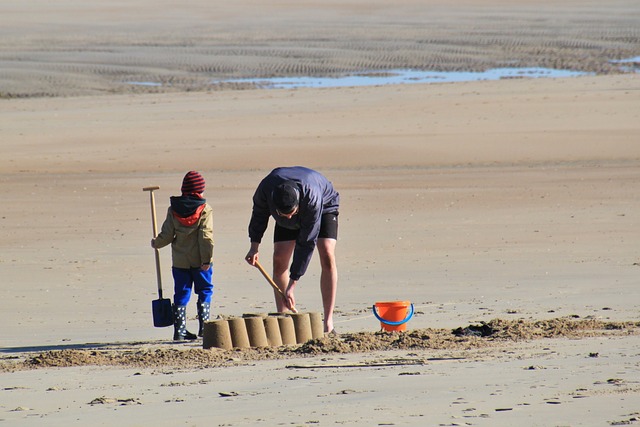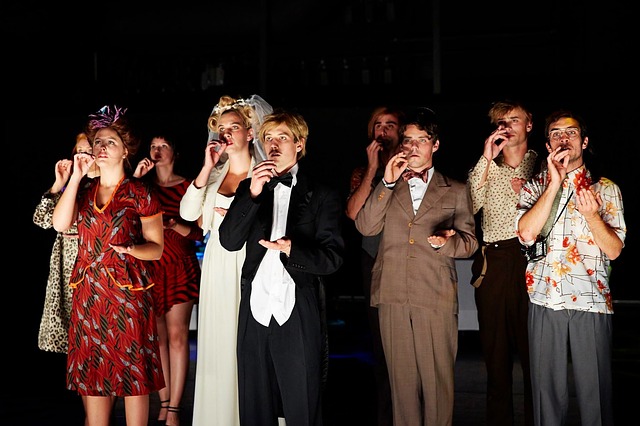Comparatives of adjectives and adverbs
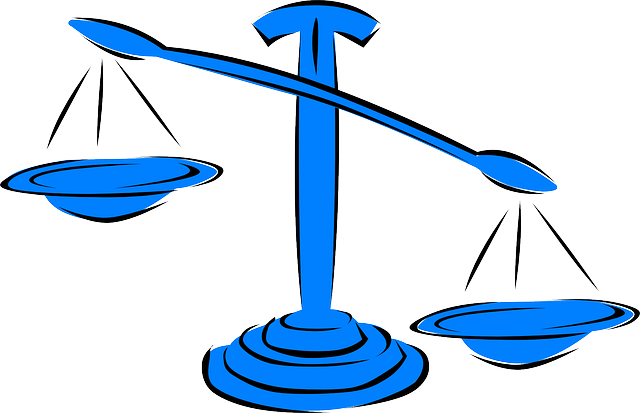
There are 4 ways you can use adjectives and adverbs to compare 2 things.
1. The first way is to add “-er” to the end of one-syllable adjectives or adverbs. Also put than right before the second thing you’re comparing.
The pattern is: A [verb] _____er than B
Examples:
My brother is stronger than you think.
His sister falls asleep faster than he does.
The house on the corner is older than yours.
• If the second thing being compared is not stated afterwards, do not use than.
Examples:
I know your father is tall, but mine is taller. (There’s no than your father after taller.)
(BUT: My father is taller than your father.)
He works hard, but his brother works harder. (There’s no than he works after harder.)
(BUT: His brother works harder than he works.)
• If a one-syllable adjective ends in one vowel and one consonant, then double the consonant when adding –er. If a 2-syllable adjective ends in one vowel and one consonant, and the accent is on the last syllable, then double the consonant when adding –er.
Examples:
They live in a bigger house than we do. (big: i (vowel) + g (consonant))
Susan is fatter than her sister. (fat: a (vowel) + t (consonant))
I need to be thinner to fit into those pants. (… thinner than I am to fit …) (thin: i (vowel) + n (consonant))
• There are 3 irregular adjectives: good, bad, and far. The comparative forms are better, worse, and farther (or further.)
• There are 3 irregular adverbs: well, badly and far. The comparative forms are better, worse, and farther (or further.)
Examples:
This is a better book than the last one.
This restaurant is worse than the last one we ate at.
Nepal is a farther (further) destination than Egypt.
She’s feeling better today than she did yesterday.
He did worse on his exam than you did.
They live farther (further) away than we do.
• If an adjective has 2 syllables ending with a y, change the y to i and then add –er.
Examples:
The driving test is easier than you think.
Her parents are friendlier than his are.
His brother is lazier than he is.
2. The second way to make a comparison is with “more.”
The pattern is: A [verb] more _____ than B
• Most 2-syllable adjectives take more.
Examples:
Sandra was always more mature than her sister.
He’s already more skillful than he was before.
I’ve always been more honest with you than you’ve been with me.
• However, the following 2-syllable adjectives use –er or more but not both at the same time.
able angry clever common cruel friendly gentle handsome narrow pleasant polite quiet simple sour
Examples:
He keeps getting more handsome every time I see him. (…more handsome than he was before…)
He keeps getting handsomer every time I see him.
Tattoos are more common nowadays than they used to be.
Tattoos are commoner nowadays than they used to be.
Life was more simple in those days. (…than life these days.)
Life was simpler in those days.
• All other 2-syllable adjectives take more.
Examples:
I want you to be more careful than you usually are.
He needs to learn to be more social if he wants to make friends. (… more social than he is now…)
The students were more nervous before this test than before any of the others they’ve taken.
• All adjectives with 3 or more syllables use more.
Examples:
He was more intelligent than his older brother.
That toothpaste is more effective than the other one.
The film about penguins was more interesting than anything else we saw.
• Exception: The adjective fun can be used 2 different ways:
Fun as an adjective:
This is a more fun way to do the job.
This is a funner way to do the job.
Fun as a noun can only be used one way:
This is more fun than we’ve had in years.
• All adverbs with -ly use more.
Examples:
She learns more quickly than anyone else in the class.
He makes friends more easily than I do.
They drive more carefully when the children are in the car.
• Exception: Although early ends in -ly, it’s not like other -ly adverbs.
My brother gets up earlier than I do. (NOT: more early than…)
• To give more information about how big the difference is, use much, a lot, or far to say the difference is big. Use a little, a bit, or a little bit to say the difference is little.
Examples:
I was much more hard-working at your age than you are.
She’s a lot easier to talk to than your mother.
Vancouver is far bigger than Victoria.
I’m a little more confident this time than last time.
She’s a bit taller than her twin sister.
His friend is a little bit more experienced than he is.
• You can also use more alone with no adverb.
Examples:
She loves him more than me.
My uncle gave my sister more than he gave me.
I got a better mark because I studied more than you did.
• With the verbs BE and DO, there is an educated and an informal way to state the second thing that is compared.
Examples:
He’s very organized, but she’s more organized than he is. (educated)
He’s very organized, but she’s more organized than him. (informal)
NOT: He’s very organized, but she’s more organized than he. (too formal)
She’s not cleverer than I am. (educated)
She’s not cleverer than me. (informal)
NOT: She’s not cleverer than I. (too formal)
We were more afraid of losing than they were. (educated)
We were more afraid of losing than them. (informal)
NOT: We were more afraid of losing than they. (too formal)
They did better at bowling than we did. (educated)
They did better at bowling than us. (informal)
NOT: They did better at bowling than we. (too formal)
3. The third way to make a comparison is with “less.”
The pattern is: A [verb] less _____ than B
Examples:
The new model was less popular than the old one.
She uses bad language less often than her brother does.
Your muffins were far less tasty than last time. (…than your muffins last time.)
• You can also use less with no adjective or adverb.
Examples:
Her commuting time is a lot less than it used to be.
My brother studied a little less than I did.
That number was less than I thought.
• Don’t use less with one-syllable adjectives. Instead, use not as _____ as.
(See one-syllable adjective examples below.)
• Use less for things that are singular (uncountable), but use fewer for things that are plural (countable.) If you want to sound educated, learn when to use less and when to use fewer. You’ll speak English with better grammar than many native speakers who have forgotten the difference.
Examples:
He has less hair than he used to have. (“hair” is uncountable. You cannot say “hairs.”)
They made fewer mistakes than last time. (“mistakes” is countable because it is plural.)
NOT: They made less mistakes than last time. (Although many people say this, it is still considered incorrect.)
I used to have a lot of patience, but now I have less. (“patience” is uncountable. You cannot say “patiences.”)
She prefers frozen yogurt because it has fewer calories than ice cream. (“calories” is countable because it is plural.)
NOT: She prefers frozen yogurt because it has less calories.
4. The fourth way to make a comparison is with as ____ as
The pattern is: A [verb] as _____ as B.
Examples:
His uncle is as strong as a horse.
He gets up in the morning as early as I do.
This knife is as sharp as a razor.
• In the negative A [verb] not as _____ as B means that A is less _____ than B, and you can make the comparison both ways.
Examples:
I’m not as energized today as I was yesterday.
I’m less energized today than I was yesterday
This book wasn’t as interesting as the one I read last week.
This book was less interesting than the one I read last week.
Her present boss is not as demanding as her former boss.
Her present boss is less demanding than her former boss.
• However, with one-syllable adjectives, most English speakers use not as _____ as
Examples:
He was not as far out to sea as he thought.
(NOT often used: He was less far out to sea than he thought.)
He didn’t do as well as he thought he would.
(NOT often used: He did less well than he thought he would.)
Our cookies are not as sweet as our competitor’s.
(NOT often used: Our cookies are less sweet than our competitor’s.)
• You can drop the last as if the second part of the comparison doesn’t follow.
Examples:
Now that she lives near the school, she doesn’t have to walk as far. (…as far as she used to walk.)
I know you paid over $65,000 for your car, but my car was not as expensive. (…not as expensive as your car.)
I really enjoyed this movie. The last one we saw wasn’t as good. (… wasn’t as good as this movie.)
Your Score:
Your Ranking:
© 2013 Ambien Malecot















